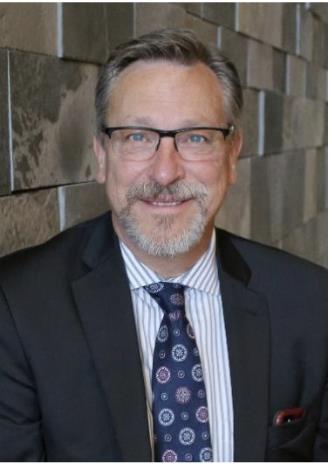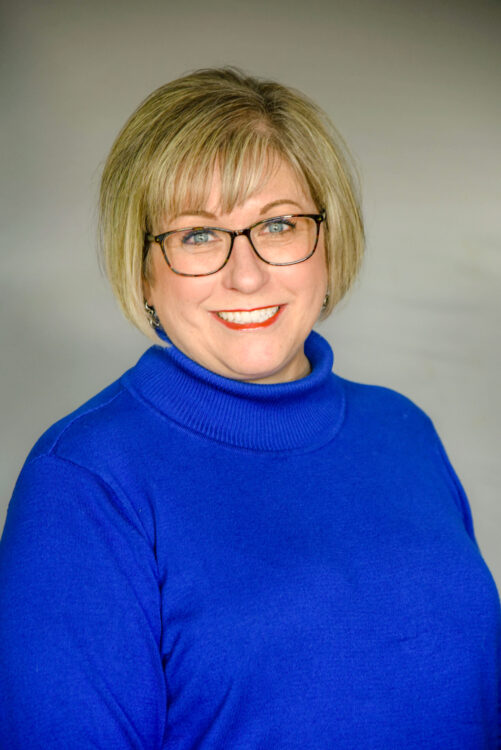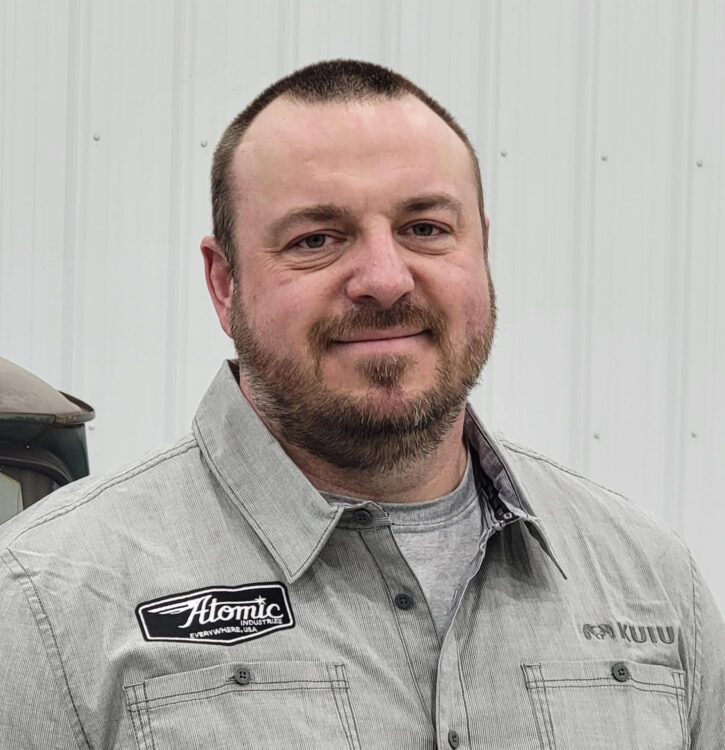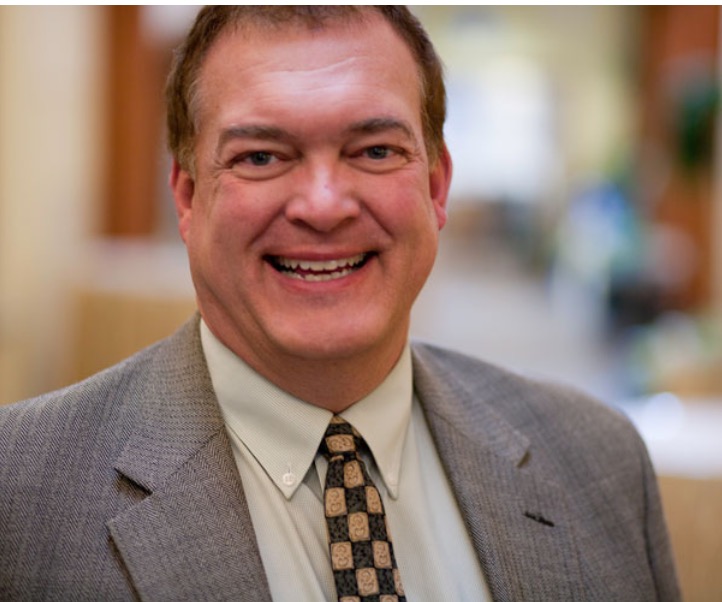
Rick Leuthold
August 1, 2017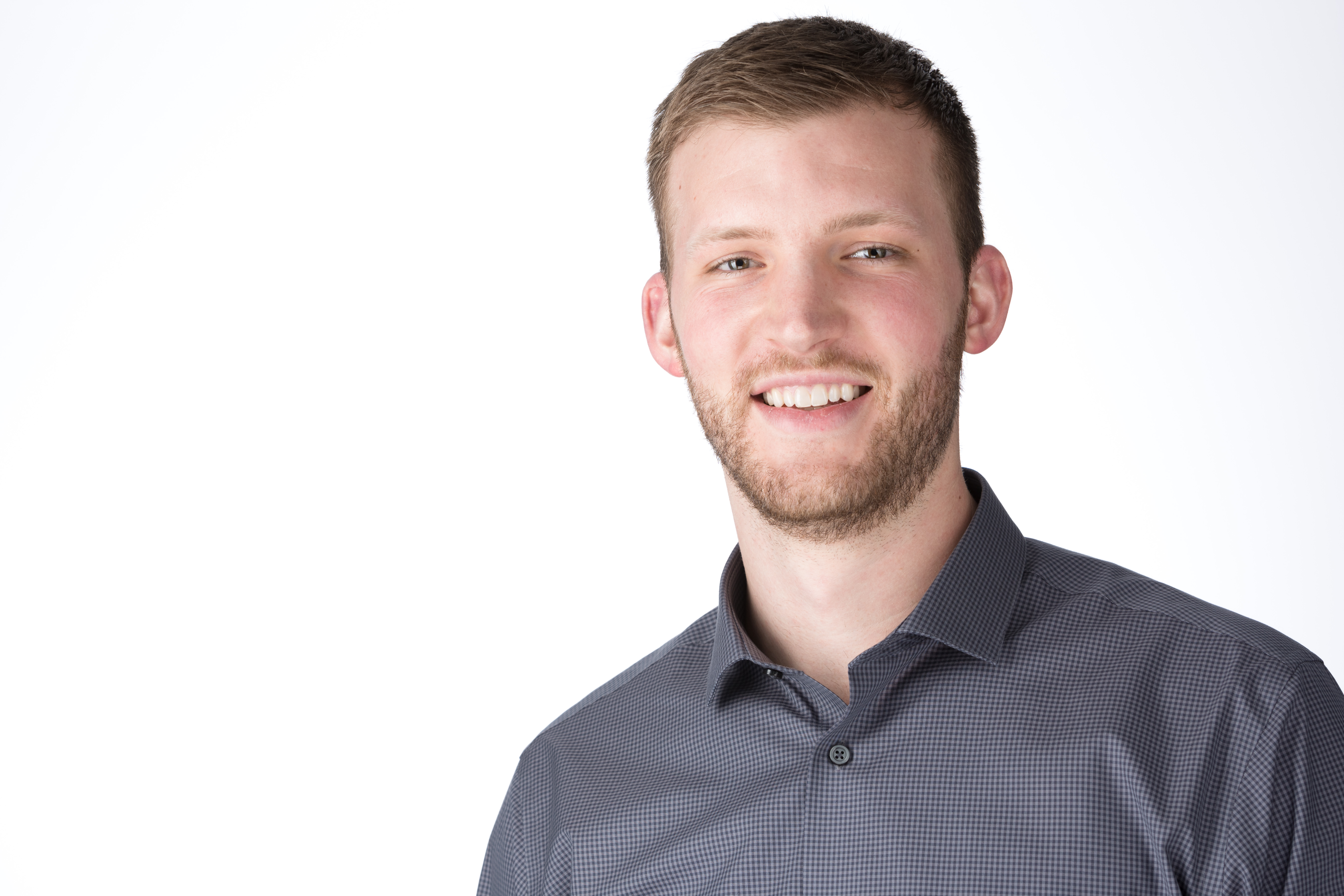
Eric Halverson
October 1, 2017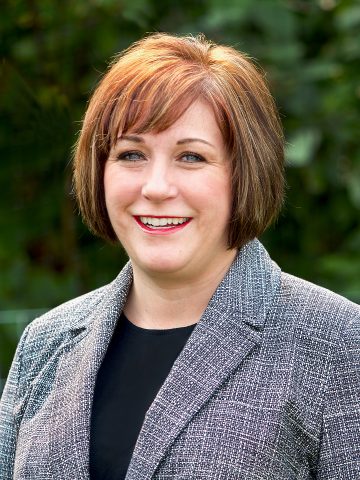
Kelly Cresswell, Class of 2006
ALUMNI IN ACTION
Kelly Cresswell, Class of 2006, Alumni Committee Member, The Confluence Liaison
Tell us about you… what do you do, where do you live, family life. 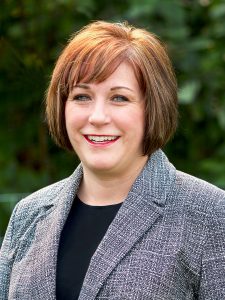
I am the Executive Director of Reach Higher Montana and Vice-President of Student Assistance Foundation (SAF). I am married to Don Cresswell and I have three children Rex, 19, a machinist at Pioneer Aerostructures, and 15-year-old twins, Lane and Sloane, who are sophomores at Helena Capital. We also have a one year old Corgi puppy (and will be adding another Corgi this December). I also get to enjoy four adult children, from my husband Don’s first marriage, who live in Ohio, California, Oregon and Idaho.
I’ve worked for Student Assistance Foundation since 2004. I started as the programs director, and then advanced to Vice President in 2005. The business side of SAF has gon through significant changes over the past 12 months, and the SAF business activities are now smaller in scale and narrower in scope. Through these changes, though, the mission of our work – helping Montana students access higher education – remained central to our work. We re-branded our programs and services for students as Reach Higher Montana, and the funding and governance for the programs delivered by Reach Higher Montana are now provided by the Montana Higher Education Student Assistance Corporation (MHESAC).
SAF was a student loan servicing organization and MHESAC was their primary client. MHESAC purchased student loans on the secondary market – primarily from Montana lenders – and SAF serviced those loans. This model produced significant largesse that benefited students and borrowers for many years. MHESAC discontinued purchasing student loans because all federal student loans are now originated by the federal government, and are serviced by a handful of large servicing organizations.
I learn something new every single day and I love the work we do with students and the difference we can make for them. As I focus on the mission aspect of our work, I feel grateful that our business model was designed to deliver our earnings back to Montana students. As things continue to evolve and change in the education finance world, I feel that it is important to preserve mechanisms for public benefit dollars to get back to Montana students who are in need of the most help.
Tell us about a favorite memory from your Leadership Montana Class? Kelly was a member of the Class of 2006 – the second class!
Wow, that was a long time ago! My favorite memory goes back to the first meeting at Big Sky, our class was really large, it felt really large, and there were lots of big personalities. What I remember most is that we got our group together and while I don’t specifically remember what the topic was, I recall Major Robinson shared the “talking stick” concept in his circle group and the goal of listening to understand and waiting for your turn to talk. It is such a thoughtful and amazing way to learn how to interact with people, especially when you are in a group of talented, dynamic, engaged people who are used to having input. The idea of making sure there is room for everyone to speak is so important. I remember having a big circle at the end and passing the talking stick around the group to discuss the topic at hand, and feeling truly heard.
I also remember the friendships, some are friends that I only see at LM alumni events, but we can sit and talk and remember things from way back when. That’s the great thing about LM alumni…lots of time can pass, but when we get together we can easily pick up where we left off.
When I was in LM, both of my parents were terminally ill, and my mom was very close to the end of her life. I felt so supported by my classmates during that time.
What has been the strongest impact that Leadership Montana has made on your life, professionally or personally?
What I take away from it really has to do with Gracious Space. Earlier this year, I had the opportunity to become certified in Gracious Space, which was a great experience. I use it in preparing for a meeting with a difficult person or to meet with a person I have never met before. I reflect on those lessons when I prepare to work with others. Thinking about another person’s perspective and where they come from, and inviting the stranger, all those things make me feel more comfortable approaching people I don’t know and I don’t have a shared history with – it all makes me feel more comfortable. I also feel that I am able to provide that for other people too.
What do you see as the role for Leadership Montana in our state?
I think are several roles for Leadership Montana in our state. I see LM as a convener of the larger Montana community to talk about issues that are hard and to help people learn together. The more that Gracious Space can become part of the culture of leadership in our state, I hope that we can advance things and think about things differently. I also hope that LM can help us think about things in a more progressive way (not necessarily in the political sense) than we sometimes do. That might be how we think about facilities for our school children or how we fund infrastructure, it helps us think about things in a way that is not threatening and helps us get to the best possible solutions for our state.
Finally, tell us what you appreciate most about Montana.
I am going to say our people, I think that Montanans just have a genuineness or authenticity about them that just makes them easy to be around. We are pretty open to letting people be who they are. I reflect on an interview process of Montana students that I recently participated in as part of my job. The students were all so genuine about appreciating other people and recognizing their core human dignity and how we treat people. I see this in younger Montanans, but I think it is a reflection of older generations believing this and behaving in that same way.



